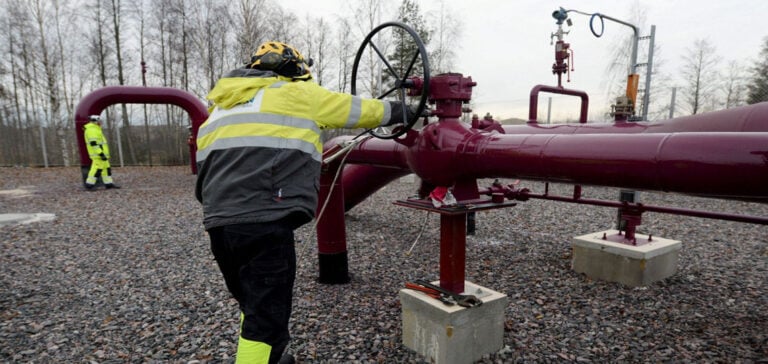The repair of the Finland-Estonia gas pipeline has recently given rise to considerable concern. On October 11, 2023, the Finnish authorities were faced with a delicate situation: a leak in the“Balticconnector“. The leak was quickly suspected to be the result of outside intervention, raising questions about energy security in the region.
The Context of the Escape
Finnish President Sauli Niinistö said on Tuesday that it was likely that the leak was the result of external activity. This has highlighted the potential vulnerabilities of crucial energy infrastructures. Gasgrid, the pipeline operator, announced that repairs would take “at least five months”. But why should this situation concern us from a financial and energy point of view?
Economic impact
The first concern is the economic impact. Finland joined NATO in April, ending decades of neutrality. The investigation into the origin of the leak is supported by NATO. NATO Secretary General Jens Stoltenberg said it was essential to find out what had happened. As a result, NATO promises a “determined response” if evidence of a “deliberate attack” is uncovered, . This could have significant financial consequences, as geopolitical tensions have the power to influence global markets.
It is also important to note that the leak affected not only the gas pipeline, but also the undersea telecoms cable linking Finland and Estonia. This raises questions about communications security, an often overlooked aspect of energy security. Investigators detected a “probable explosion” in the area of the leak, suggesting a possible threat to critical underwater infrastructure.
Ensuring supply stability
To maintain stable gas supplies in Finland, Gasgrid is counting on a floating liquefied natural gas (LNG) terminal in Inkoo (south). This underlines the importance of having alternatives to guarantee continuity of energy supply, even in the event of serious disruptions.
In conclusion, the Finland-Estonia gas pipeline incident reveals the complexities of energy and geopolitical issues. The issue of energy security should be of concern to financial players and markets alike, as it can have repercussions on economic stability and national security. The current situation calls for in-depth analysis and measures to minimize future risks.
This analysis demonstrates the importance of energy security, diversification of supply sources and vigilance against external threats. The current situation on the Finland-Estonia gas pipeline highlights the need for a coordinated, well-thought-out response to prevent such incidents in the future.






















